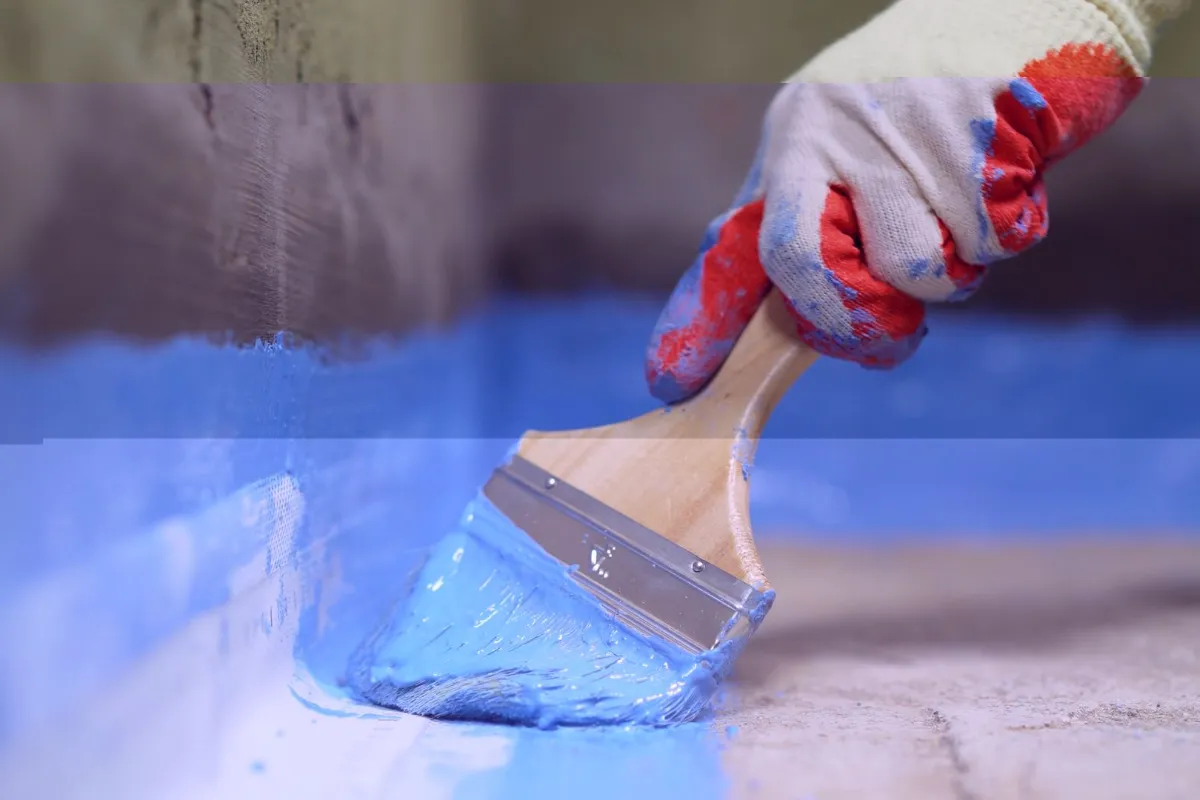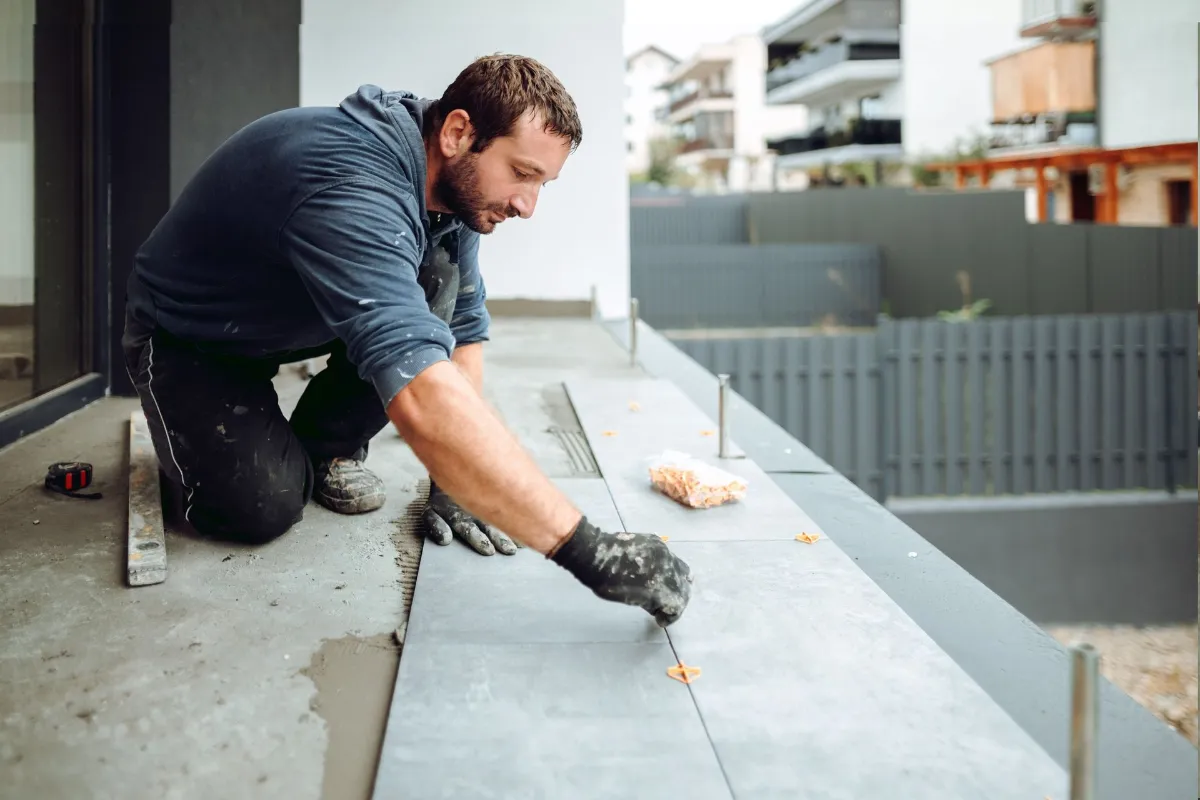What you need to know about waterproofing in strata renovations

Water damage in strata buildings often spreads beyond its point of origin. That makes waterproofing a crucial part of all strata renovations, especially in bathrooms, balconies and rooftops. If it is not done properly, the results can be serious and lead to lasting defects, legal complications and costly repairs. This is why waterproofing is tightly regulated in strata developments.
At All Suburbs Strata Management, we have more than 40 years of experience in residential strata management in Greater Sydney, Nepean and the Central Coast. We’ve seen how waterproofing issues can escalate quickly and how important it is to get the details right. Knowing what’s expected under NSW legislation and how it applies during structural restorations helps avoid confusion and other negative consequences.
Why waterproofing matters in strata buildings
One of the most common and costly issues a strata scheme can come across is water damage. When waterproofing fails, the problem rarely stays confined to one unit. Water can seep through floors, ceilings and shared walls, affecting several lots and large areas of common property. That’s why it’s also such a frequent trigger for insurance claims.
Financially, the implications are huge. Remediating water ingress, especially once it has reached structural elements or multiple units, can cost tens of thousands of dollars. These costs are often shared between owners, depending on whether the failure was within common property or a lot boundary.
Waterproofing work comes with legal and insurance obligations. If a renovation is carried out without the right approvals or by an unlicensed contractor, the result can be invalidated warranties, potential insurance exclusions and liability under the Home Building Act. In strata, this affects not just the individual renovator, but the owners corporation too.
What are the approval requirements?
Works involving waterproofing are considered major renovations in a strata setting, and they add layers to the approval process.
Owners Corporation Consent
Any renovation that changes or interferes with waterproofing membranes, wall structures or flooring requires consent from the owners corporation. Under section 108 of the Strata Schemes Management Act 2015, this type of renovation is considered an “alteration to common property” and must be approved by special resolution.
By-law Creation or Variation
If works affect common property, a by-law must be created or updated. It grants permission for the work, sets responsibility for future maintenance, and protects the owners corporation from liability. It also provides clarity for future owners. To be enforceable, the by-law must be registered with NSW Land Registry Services.
Submission of Detailed Scope
Committees often ask for a complete proposal before approving work. This usually includes the contractor’s licence and insurance information, a list of materials, technical drawings or a detailed scope of work, and a proposed schedule. In some cases, input from engineers or waterproofing specialists may also be needed. Approvals are considered carefully, especially in older buildings or those with a history of water problems.

Who’s responsible for waterproofing?
Common vs Lot Property
Waterproofing responsibility usually depends on whether an area is defined as common property. In most strata schemes, membranes under bathrooms, balconies or terraces are part of the common property, even if the space is within a private lot. This means the owners corporation is generally responsible for maintenance and repairs, unless by-laws or boundaries specify otherwise. Owners should check the registered strata plan to clarify responsibilities.
Clarifying Ongoing Maintenance
When owners renovate areas involving waterproofing, such as bathrooms or balconies, responsibility for future maintenance may shift to them. To formalise this, a by-law must be passed and registered, clearly outlining who is responsible for maintaining and repairing the waterproofed area. Without this in place, any future defects or disputes may still fall back on the owners corporation by default.
Strata Committees and Records
Strata committees play an important role in keeping records of waterproofing work. Approved renovations should be documented in detail, including the scope of works, relevant by-law numbers and contractor details. Clear records make it easier to determine liability if defects arise later. Without proper documentation, it becomes difficult to establish who is responsible for remediation or whether obligations have been met.
Impact of 2024 Legislative Amendments
In 2024, the NSW Government introduced updates under the Building, Development and Strata Legislation Amendment Regulation. This was to strengthen requirements for documentation, compliance and accountability in building work, including remedial waterproofing. Owners and committees may face greater scrutiny over approvals and repairs, particularly around meeting standards.
Choosing qualified professionals and ensuring compliance
Hiring the right waterproofing contractor is not just best practice. It’s a legal requirement in NSW for any waterproofing work over $5,000 to be carried out by a licensed professional. Contractors should hold a current licence issued by NSW Fair Trading under the waterproofing category. If the work exceeds the $20,000 threshold, it may also require coverage under the Home Building Compensation Fund to protect owners in the event of defective work or contractor insolvency.
Work must also comply with the Australian Standard AS 3740, which outlines the minimum waterproofing requirements for domestic wet areas like bathrooms and laundries. This standard specifies how materials should be applied and what areas must be treated. It’s used as a reference point for assessing whether waterproofing work meets the technical standard required by law and by most insurers.
For class 2 buildings (such as multi-unit residential apartments), the Design and Building Practitioners Act 2020 also applies. It requires that certain waterproofing works be designed and carried out by registered practitioners, with designs lodged on the NSW Planning Portal before work begins to ensure that waterproofing is done right the first time.
Once the job is complete, the contractor must provide a waterproofing certificate of compliance to confirm that the work meets the required standards and was performed by a licensed professional. Photographic evidence is also typically provided as part of the final documentation for the owners corporation.

Why Choose All Suburbs Strata Management?
Waterproofing might be hidden behind tiles and concrete, but its importance is immeasurable. If you own a strata property and are planning a major renovation, it’s critical to follow the correct processes and meet all obligations under NSW strata law.
At All Suburbs Strata Management, we help owners corporations navigate approvals, contractor selection and compliance for renovation projects, including those that involve waterproofing.
Need a strata manager you can rely on? ASSM brings over 40 years of expertise across residential, community, commercial and industrial properties. If your current manager is falling short, contact our experienced team today. We’ll ensure the handover is smooth and hassle-free.











